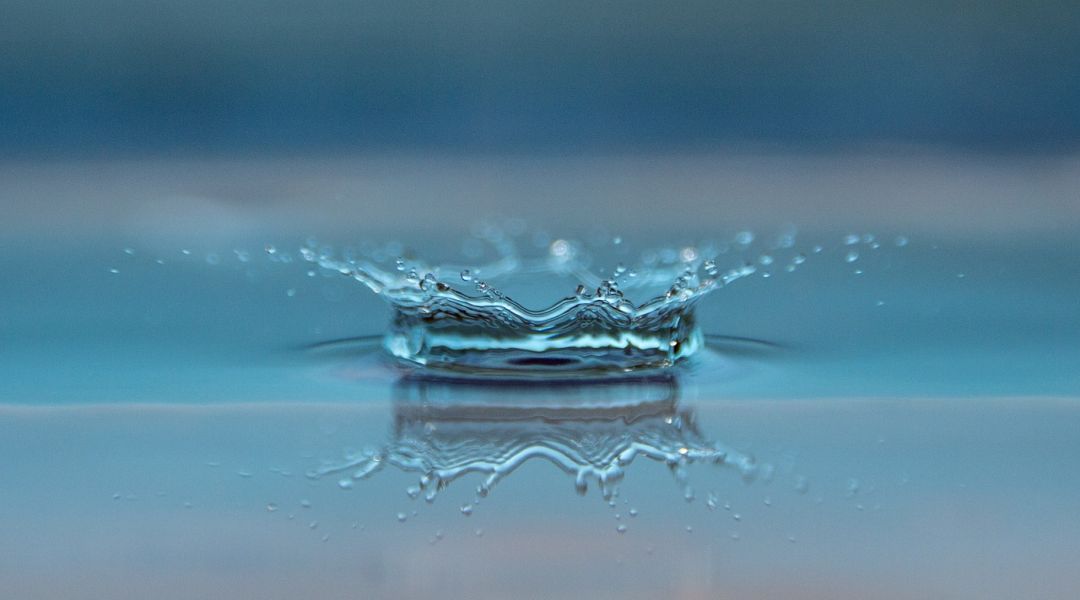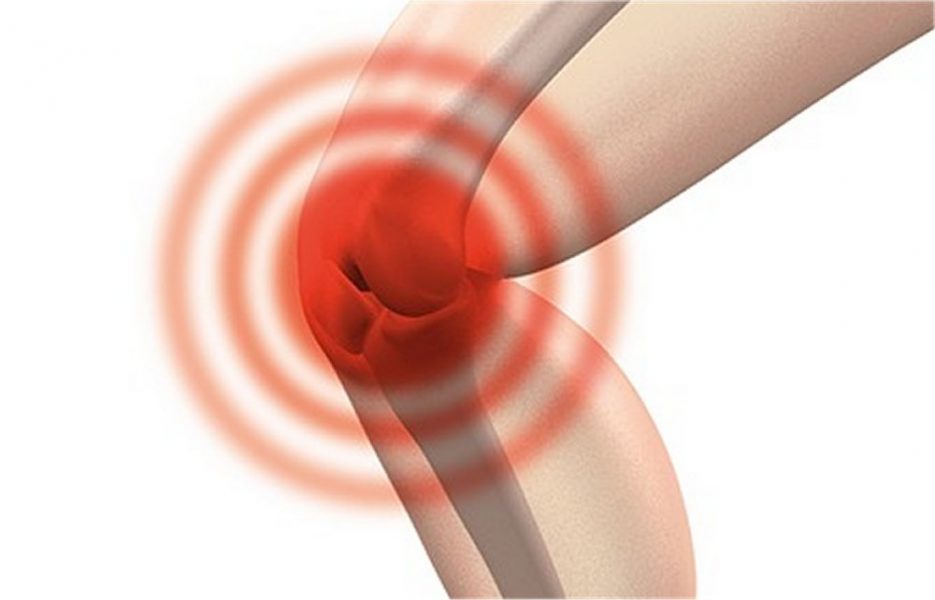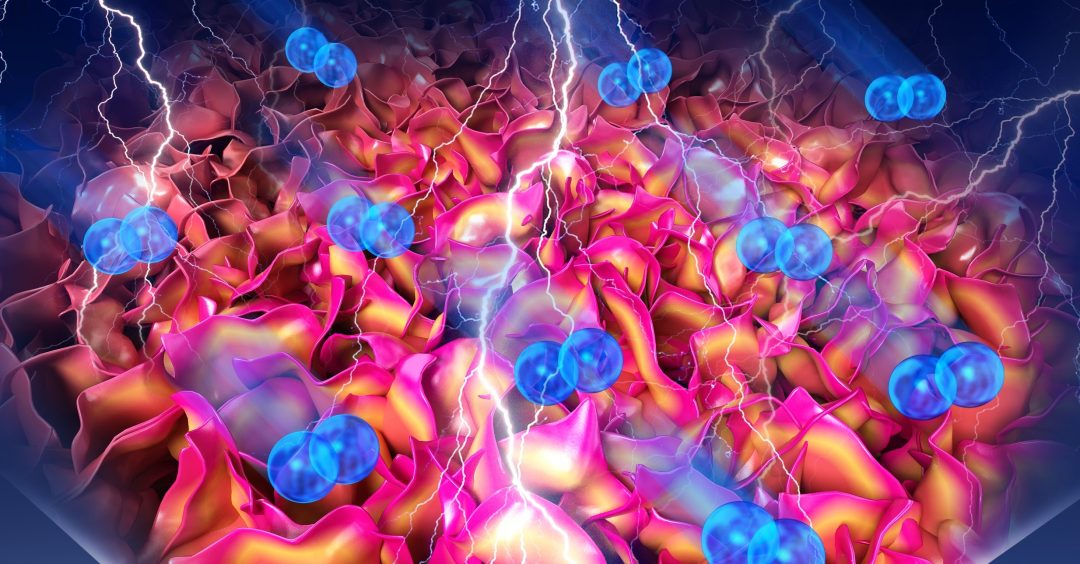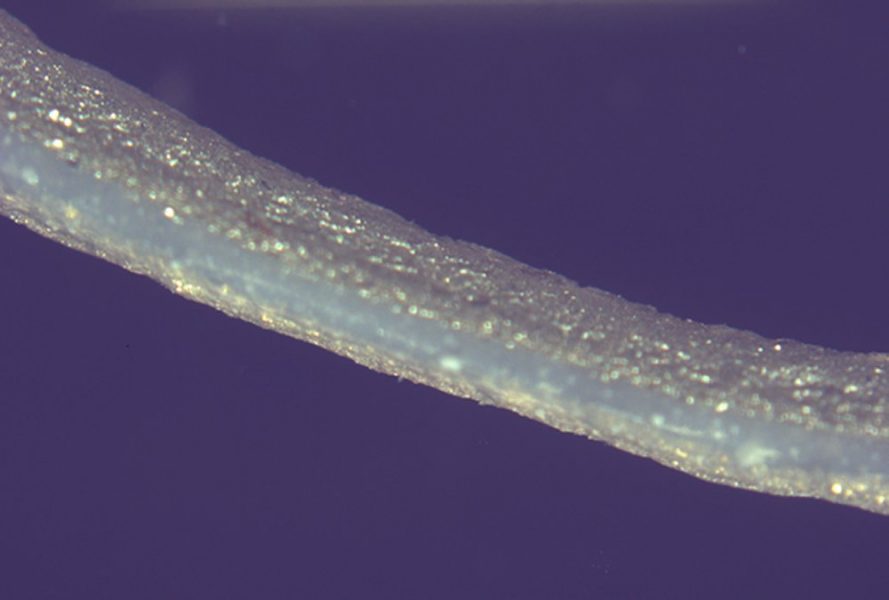Researchers from the University of Science and Technology Beijing report a wearable self-cleaning/charging power system (SPS) that can harvest electrical energy from falling raindrops.


Researchers from the University of Science and Technology Beijing report a wearable self-cleaning/charging power system (SPS) that can harvest electrical energy from falling raindrops.

The biocompatibility, magnetic susceptibility and mechanical properties of commercially pure zirconium and zirconium alloys are reviewed and their potential use as MRI-compatible implant materials is discussed.

Working toward a world where your smartphone can be charged by your t-shirt.

Excellent photocatalytic activity is realized after using an ion implanter to dope titanium oxide with carbon and nitrogen.

Check out the latest covers of Advanced Healthcare Materials!

Protonic ceramic fuel cells operate in an intermediate temperature range (300–600 °C), avoiding the problems faced by other fuel cell types. Enhanced peak power densities have now been generated using a microstructured anode and a very thin electrolyte.

Researchers 3D printed piezoelectric sensors in a single step at room temperature by extruding a piezoelectric nanocomposite sandwiched between two layers of silver paste acting as electrodes.
![Self-Folding, Soft Microgrippers for On-Demand Applications [Video]](https://www.advancedsciencenews.com/wp-content/uploads/2018/07/adma201801669_ASN_image.png)
Soft robotic grippers demonstrate their ability to transport cargoes on demand.

Machine Learning (ML) is a well‐known paradigm that refers to the ability of systems to learn a specific task from the data and aims to develop computer algorithms that improve with experience.

A team from China explore the romantic side of materials science